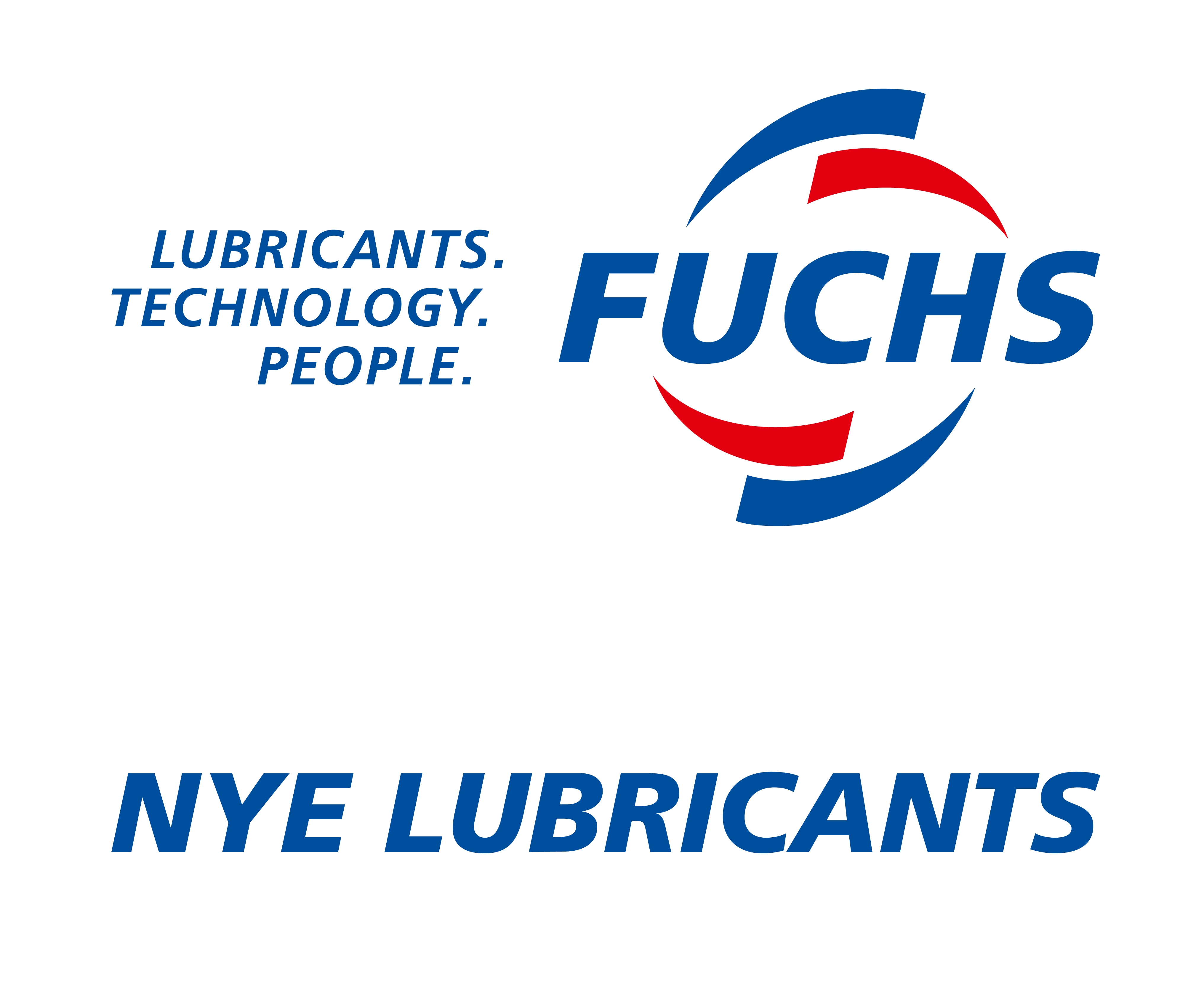An Interview with Steering Lubricant Expert, Ed Dykema
Ed has been with Nye for nearly 5 years as one of our Regional Engineering Managers working out of our office in Troy, Michigan. He specializes in identifying lubrication solutions for automotive steering systems. Additionally, Ed finds solutions for customers in all Nye’s key markets including automotive, aerospace, power and utility, and the consumer electronics markets. Ed came to Nye with over 20 years of experience working as a Tier 1 automotive supplier in a variety of roles including Senior Design Engineer, Engineering Manager, and Program Manager. He holds a Bachelor of Science degree in Mechanical Engineering from Lawrence Technological University.

What role will lubrication play in emerging electric power steering technology?
OEMs designing the next-generation electric and autonomous vehicles are prioritizing safety, fuel efficiency, and precision. Lubricants play an important role in increasing the life, performance, and reliability of the entire Electric Power Steering system.
Lubricants reduce friction which in turn reduces heat and the amount of power draw on assist motors, thus increasing fuel efficiency. Grease also protects and prolongs the life of components, making them less susceptible to failure and safety related issues.
What characteristics should be considered when selecting a lubricant for electric power steering systems?
The characteristics considered when choosing the correct lubricant for an EPS system are similar to those considered for any automotive steering application. The three most important characteristics are load, the materials a lubricant comes in contact with, and operating temperature.
The type of EPS system should also be taken into consideration. Column, Pinion, and Rack Mounted EPS systems all have unique lubrication points, are designed with various component materials, and utilize different component sizes. When a partnership is formed early in the design stages, Nye can help determine which lubricant is right for your application through our own in-house testing.

How do these characteristics affect lubricant choice?
Higher loads require a grease with a heavier base oil viscosity than a lighter load application. But heavier base oils also increase viscous drag which has a negative effect on power consumption. It is all about the right balance. We typically recommend a medium to light viscosity grease for this reason.
More and more EPS designers are using plastic components to save on weight and cost, but not all lubricants are compatible with plastics. For example, an application that uses a fluoroelastomer gasket has more lubricant options available to it than an application that uses a gasket constructed from Butyl because of plastic compatibility issues.
How is Nye preparing to support the new electric power steering technologies?
Nye has launched an advanced research and development project to investigate the specific lubrication needs of EPS systems. One of the main aspects of this project will be to utilize Nye’s EPS test rig and its capabilities to develop the next generation of EPS lubricants. A lot of companies may not have the time or resources to perform validation tests. Using our EPS rig and other lubrication technology, Nye can perform in-house validation testing to help engineers cut down on their design costs.
How does your EPS test rig work?
Our custom EPS test rig simulates road conditions and life endurance tests on customer supplied EPS units while measuring frictional torque, heat generation, wear, and more. Nye engineers are currently using the data collected by this rig to formulate next-generation EPS greases that reduce frictional torque. We will be collecting data that illustrates that Nye’s products provide the best performance, durability and safety when subjected to the extremes of the next generation of EPS system.
Click here to contact Ed.


